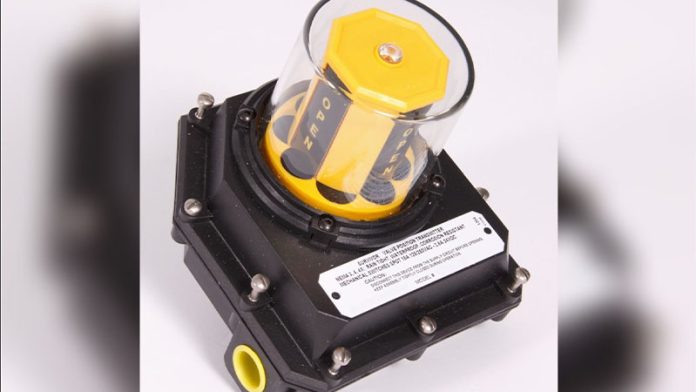Aalberts integrated piping systems (IPS) highlight its line of actuation valves, designed to meet the evolving demands of HVAC applications. The Apollo Valves AS and AD series actuators, along with the AE1000 electric actuator, showcase Aalberts IPS’ commitment to delivering high-performance solutions that enhance operational efficiency and reliability.
The Apollo Valves AS and AD series actuators stand out for their versatility and durability. These actuators feature a modular design that allows for easy field conversion between fail-safe and double-acting configurations, providing flexibility in various HVAC applications. The ISO 5211 mounting pattern ensures compatibility with a wide range of valves, making integration seamless across different HVAC system types.
Engineered for longevity, the actuators boast a corrosion-resistant aluminium housing with polyester powder coating, capable of withstanding harsh environments often encountered in HVAC installations. The self-locking drive train prevents back-driving, ensuring consistent and reliable operation that is crucial for maintaining precise temperature control and optimal comfort in HVAC systems. For added safety and convenience, these actuators come equipped with a manual override feature for emergency situations.
The “Apollo”® AS and AD series also incorporate a visual position indicator, allowing for easy status checks at a glance. Precision control is achieved through adjustable travel stops, enabling fine-tuning for specific HVAC application requirements. The low air consumption design contributes to energy-efficient operation, helping to reduce utility costs in HVAC applications.
Complementing the “Apollo”® AS and AD series is the AE1000 electric actuator, a pinnacle of innovation in the actuation valve lineup. This advanced actuator combines cutting-edge technology with user-friendly features. It provides seamless integration into existing HVAC systems. Its compact design and efficient operation make it an excellent choice for applications requiring precise flow control and reduced energy consumption, such as chilled water system regulation and hot water loop balancing.


